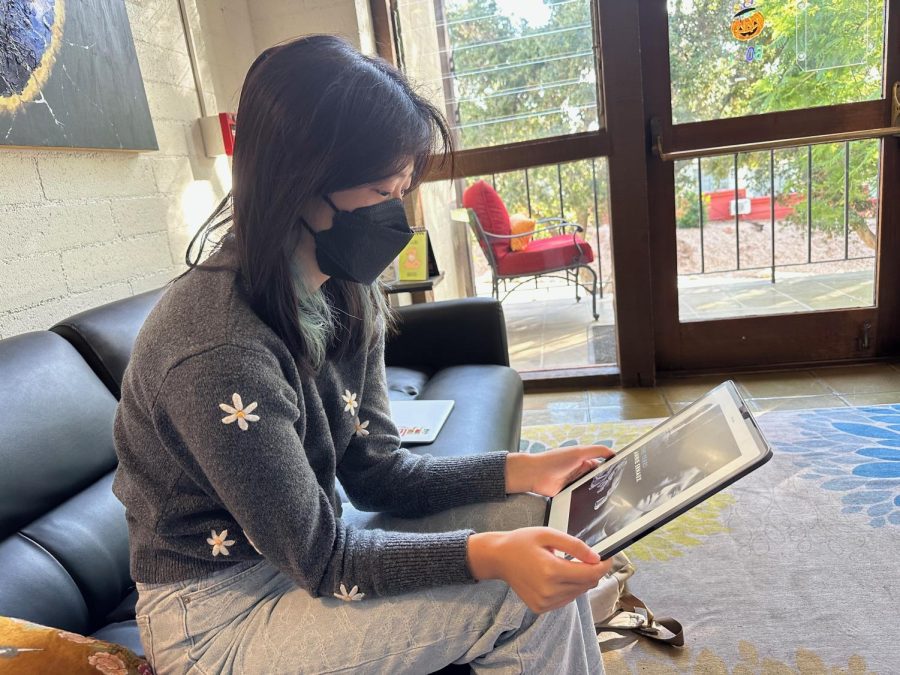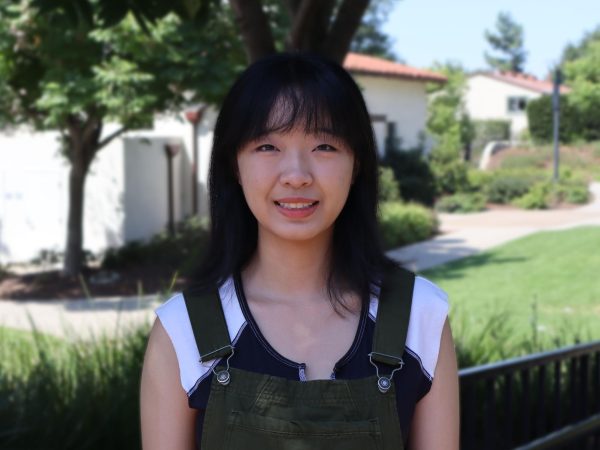Feminist trailblazer and beloved French novelist Annie Ernaux was awarded the Nobel Prize for Literature on October 6th. As the 17th woman out of 112 previous laureates to win the Nobel Prize, Ernaux inherits the legacy of past female writers, while also expanding the dimensions of a feminist perspective through her various works.
Although many expressed surprise upon hearing that she received the reward, Ernaux’s writings have never been more relevant and necessary for the literary sphere than now.
Unlike traditional authors, Ernaux’s writings blur the lines between autobiography, fiction, and memoir. Her real-life experiences inspire many of her books: Happening details her unwanted pregnancy and abortion in the 1963; Shame attempts to reconcile her father’s violent and abusive actions; A Frozen Woman explores her discomfort with marriage and motherhood; and Simple Passion depicts her love affair with a married foreign diplomat.
Through each one of these works, Ernaux departs from conventional writing styles to capture the authentic female voice. Her ability to express her admirable qualities, bravery and resilience, as well as the less accepted aspects like her childhood traumas and unorthodox relationships, renders her work extremely intimate to the readers.
In the words of the New York Times, her books are “short, spare, stern, and stoical.” Ernaux, herself, describes her writing as “brutally direct, working-class and sometimes obscene,” and likened it to a knife aimed to slash the systemic social inequality plaguing our society.
While Ernaux’s works challenge and broaden the literary sphere, they have unsurprisingly received backlash from some social conservatives who criticized her deviation from traditional feminine values. However daunting these pushbacks may be, they did not slow her momentum and persistence one bit.
Although the bulk of her work was completed during the late 90s and early 2000s, it continues to be relevant in today’s social and political climate. Ernaux’s works have become even more significant for Americans amidst an increasingly polarized political climate and the controversial reversal of Roe v. Wade.
Ruling against the opinion of the public majority, the US Supreme Court overturned this landmark case on June 24th. Statistics from the Pew Research Center show that nearly six-in-ten adults (57%) disapprove of the court’s decision, and 43% of the population harbor strong opposition. The original Roe v. Wade case in 1973 fought for the rights of abortion for women and allowed abortion within the first 24 weeks of pregnancy.
Having lived in France at a time in which abortion was illegal, Ernaux stood firmly in a news conference in Paris to defend Roe v. Wade. According to the U.S. News, she said, “I will fight to my last breath so that women can choose to be a mother, or not to be,” Ernaux said. “It’s a fundamental right.” Still, the overturning of the case removed the chance for women in many states to get an abortion after they are 8 weeks into pregnancy, which carries significant ramifications.
As a result, the government strips away a mother’s freedom of choice. For women like Annie Ernaux who undergo an unwanted pregnancy, abortion can only be obtained through illegal means, which leads to a higher risk of death and negative side effects. Moreover, the only alternative to abortion is childbirth, and research from American University finds that the death rate during childbirth for mothers is 14 times higher than getting an abortion.
As the ban spreads across state lines, abortion procedures become increasingly difficult to get, even in life threatening situations. In her book Happening, Annie Ernaux takes the reader through the fears and pains of undergoing abortion, exposing the emotional burden that comes with conducting this procedure illegally. Ernaux has transformed her pain into literary works, thereby inspiring thousands of readers across the globe.
Throughout her writing career, Ernaux strived to expose the multifaceted nature of the feminine perspective by drawing from her own life experiences and openly voicing her stance on policies concerning women, such as legal abortion procedures. And that is why, despite the 20 to 1 odd of receiving the prize and the pessimistic views of many, Ernaux’s seeming improbability became a well-deserved certainty.







![Many Webb students spend their free time in the library watching a popular TV show like Riverdale and Euphoria. “Based off what I’ve seen, like in Euphoria, because the actors are older, they don't showcase an actual high school life properly,” Sochika Ndibe (‘26) said. “Since [the actors] are older [and] playing a teenager, from a girl’s perspective, it is going to make you think you should look more developed at a young age.” The actor, who plays Veronica Lodge, was 22 years old at the time of filming.](https://webbcanyonchronicle.com/wp-content/uploads/2025/03/Antecol-Media-affects-how-society-functions-graphic-1200x900.png)


